
Yom Kippur: Making Atonement with Donating to Charity
SPCA Israel asks to raise public awareness of the option of exchanging the custom of slaughtering chickens by way of making atonement before Yom Kippur with donating to charity

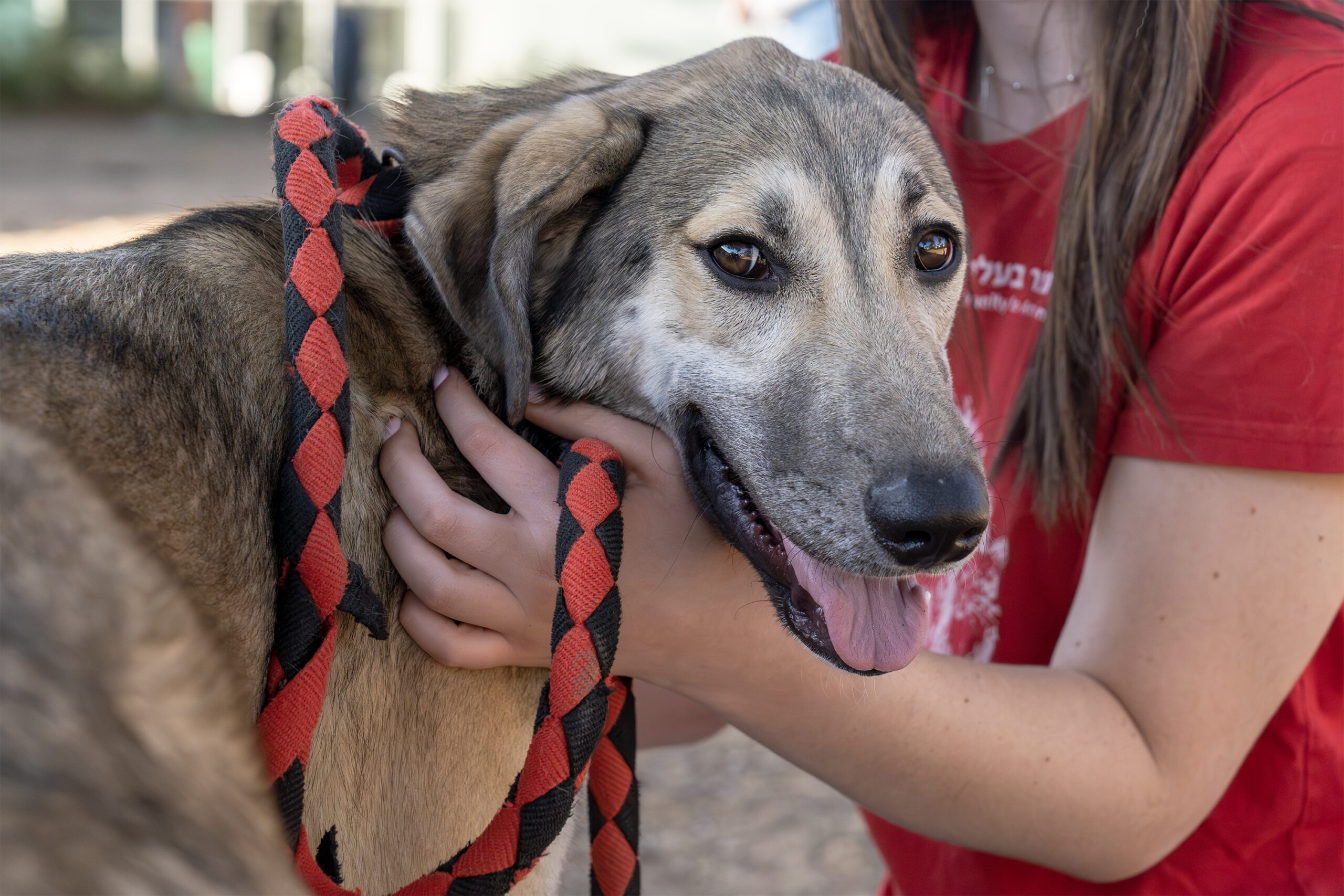
If you love animals and are looking for a way to help, our dogs and cats are waiting for you!

SPCA Israel asks to raise public awareness of the option of exchanging the custom of slaughtering chickens by way of making atonement before Yom Kippur with donating to charity
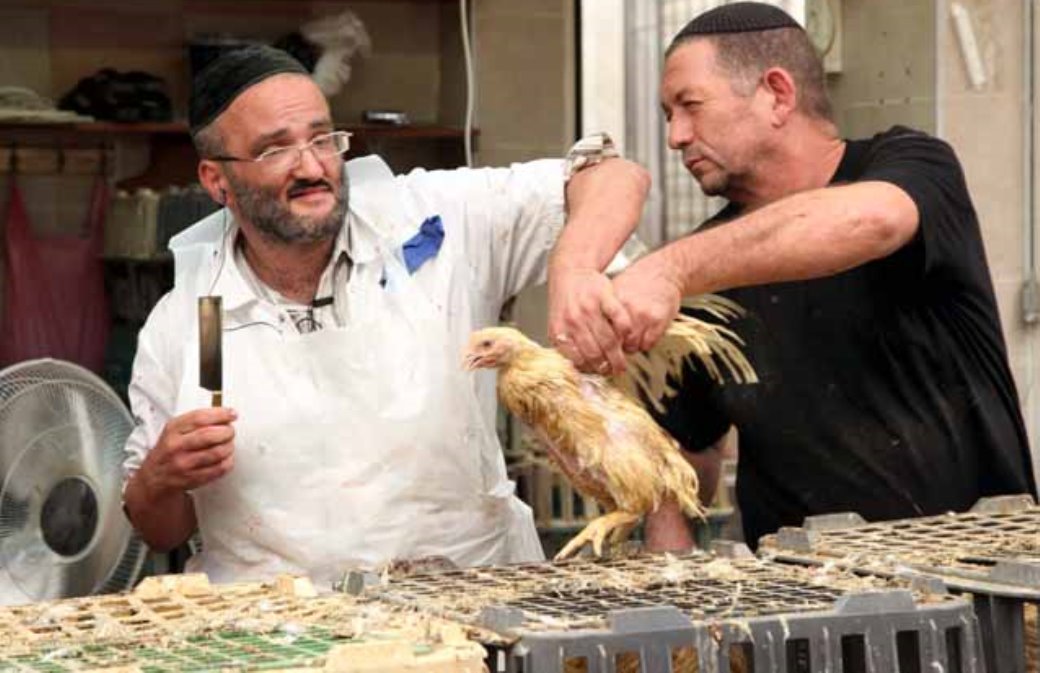
SPCA activists on public relations campaign – Contributing to charity instead of slaughtering chickens

The Society for the Prevention of Cruelty to Animals in Israel is campaigning to raise public awareness of the need to exchange the Kapparot custom to one of giving charity

MK’s from different parties and Rabbi Menachem Froman have joined the Society’s campaign calling to exchange the slaughter of chickens with the giving of charity when carrying out the custom of Kapparot
A brave chicken who escaped the butcher’s knife on Yom Kippur Eve, is being treated in the Society
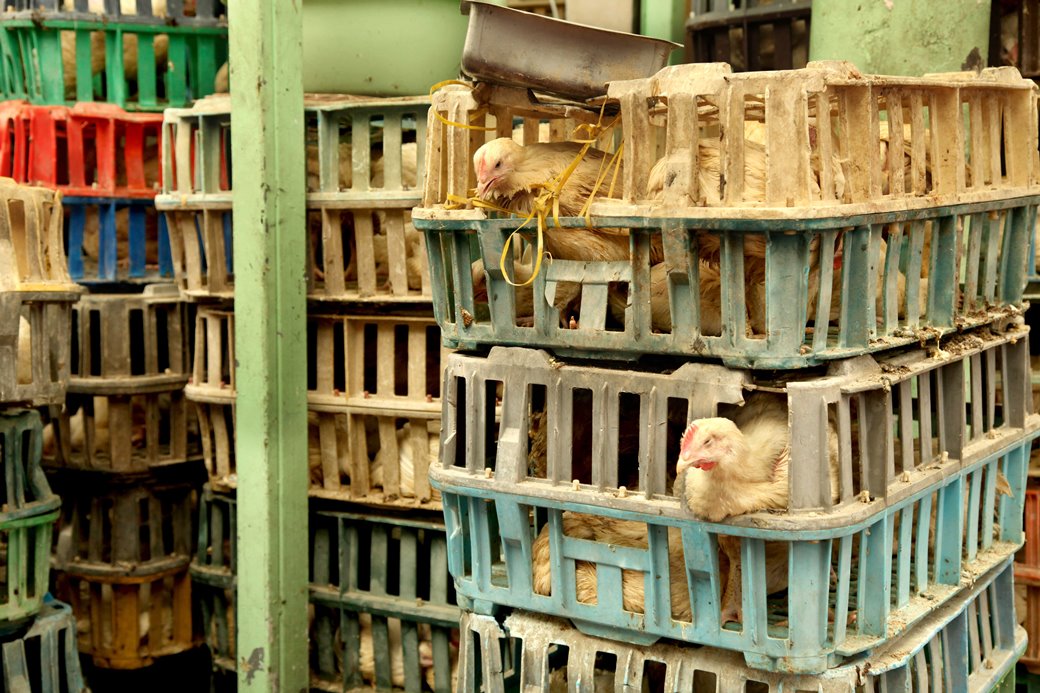
Atonement should be done with money and not with blood. A summary of the informative activities of the Society to foster replacing the Kaparot ceremony with the giving of charity
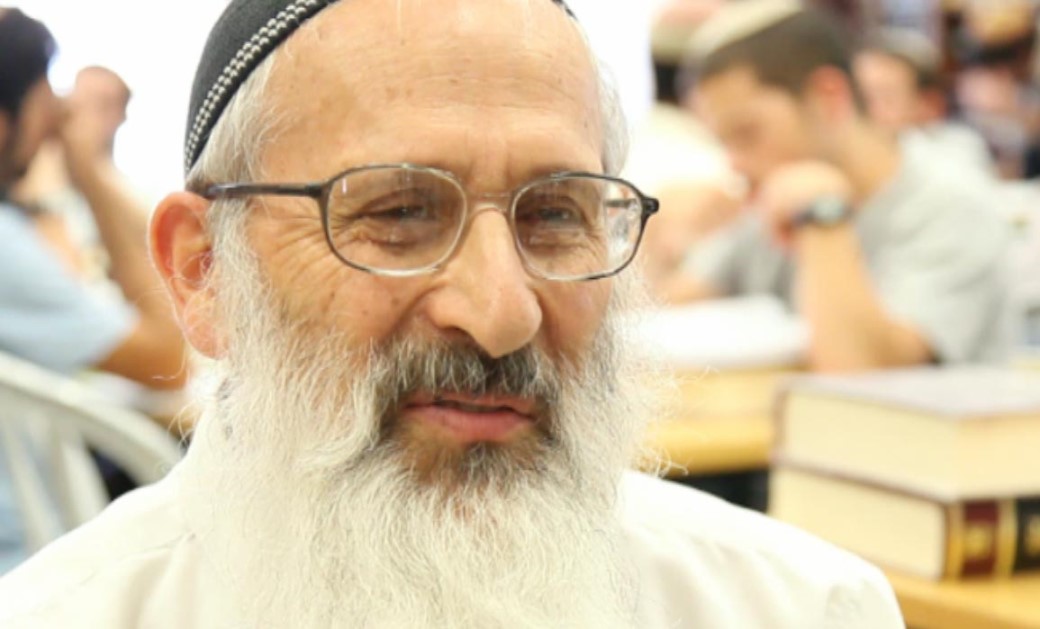
Rabbi Shlomo Aviner has joined the Society’s campaign against the custom of Kaparot and calls on the public to exchange it with the giving of charity
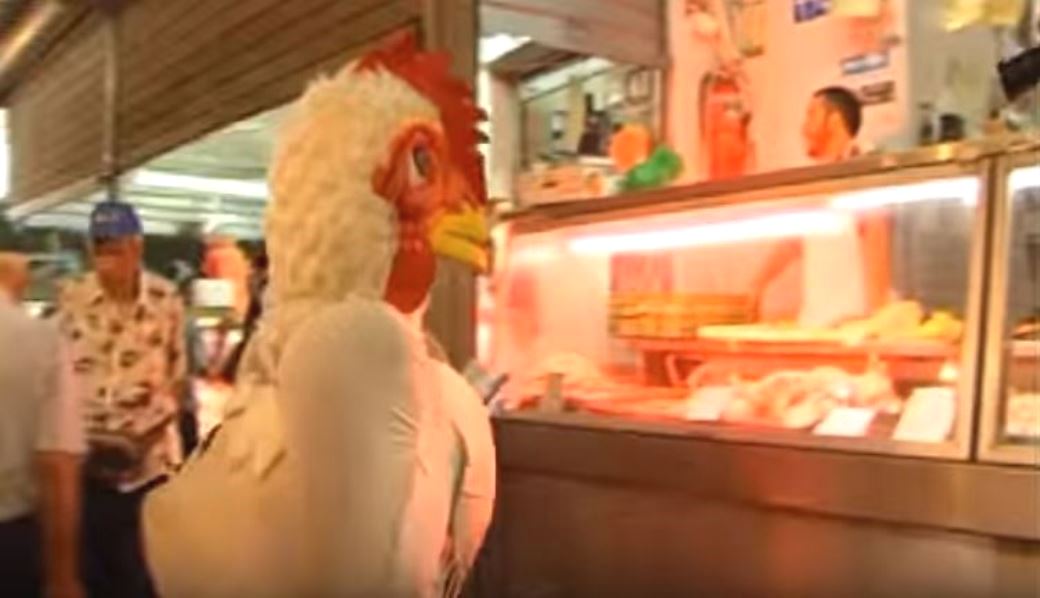
A summary of the Society’s activity encouraging the giving of contributions to charity as a replacement for the slaughtering of chickens before Yom Kippur
SPCA Israel’s campaign: encouraging the public to redeem the animals used for atonement instead of slaughtering those chickens
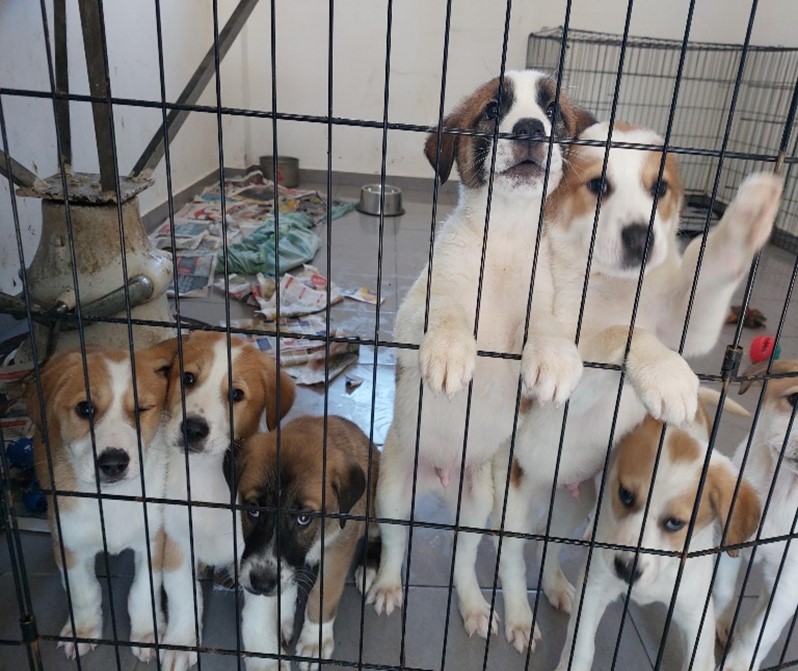
Every donation, even the smallest, will help us to help them